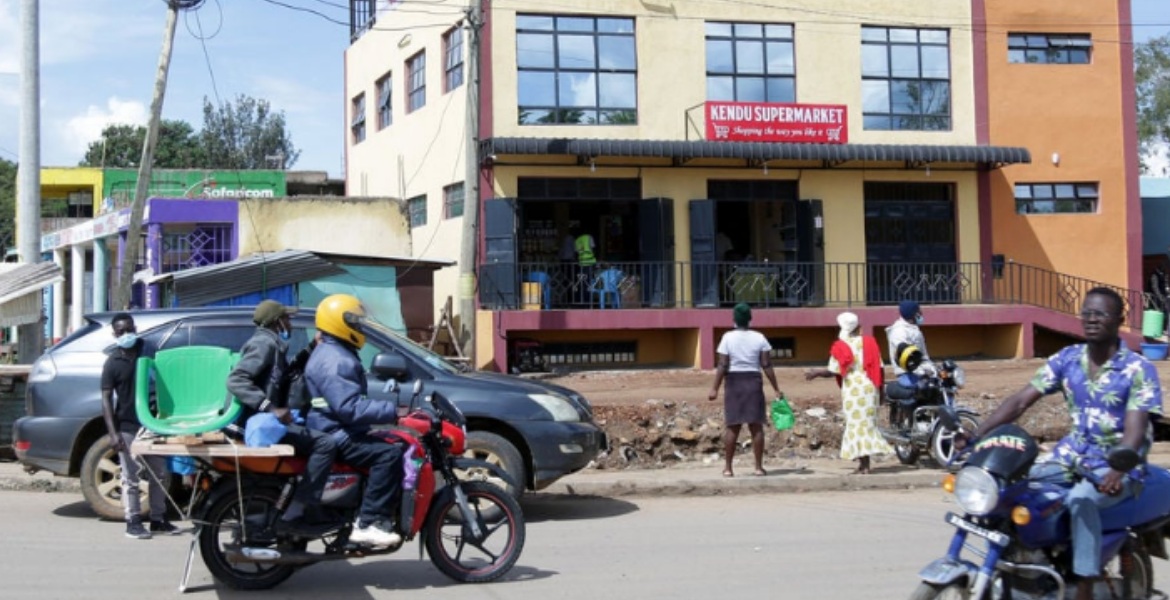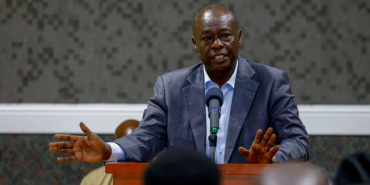Kendu Bay: The Fishing Town Banks Forget

The absence of physical banking infrastructure has long impeded financial development in Kendu Bay, a modest fishing settlement situated along Lake Victoria within Homa Bay County.
Residents of this community have historically confronted significant challenges in accessing fundamental financial services, compelling them to undertake arduous journeys to neighbouring towns like Oyugis, Homabay, and even Kisumu to conduct basic banking transactions. Local entrepreneurs and residents have articulated the profound economic constraints resulting from this financial service deficit. Adoyo, a seasoned businessman with over two decades of experience, has consistently navigated the inconvenient and potentially risky process of traveling to Oyugis for banking services.
The ramifications extend beyond individual inconvenience, fundamentally affecting the community's economic potential. Residents like Neema have observed that the absence of physical bank branches significantly undermines local saving behaviours. Without secure, accessible banking infrastructure, community members are compelled to store funds informally, which not only increases financial vulnerability but also restricts opportunities for credit development and business expansion.
Most critically, the financial exclusion disproportionately impacts workers in traditional economic sectors. Fishermen like Frederick Ochieng routinely expend considerable resources, both time and money, traveling to distant banking centers. These repeated journeys represent not merely an inconvenience but a tangible economic penalty that diminishes potential earnings and productivity. Paradoxically, a Central Bank of Kenya survey reveals that Homa Bay County boasts an impressive 81.8 percent financial service accessibility rate, second only to Nairobi.
This statistical anomaly highlights the stark disconnect between regional financial infrastructure and the lived experiences of Kendu Bay's residents. Encouragingly, Kenya's largest banking institution KCB has recognized this systemic gap. The bank's leadership, particularly Seline Oungu from the Oyugis branch, has acknowledged the substantial customer base originating from Kendu Bay and the urgent need for localized financial services. Their proposed branch establishment represents a potential transformative intervention, promising not just banking access but pathways for economic empowerment through potential loan facilities and enhanced financial literacy.
The prospective KCB branch could catalyze significant economic revitalization. The institution is poised to fundamentally alter Kendu Bay's economic trajectory by providing secure banking options, facilitating credit access, and supporting sectors like fishing through targeted financial products.








Add new comment